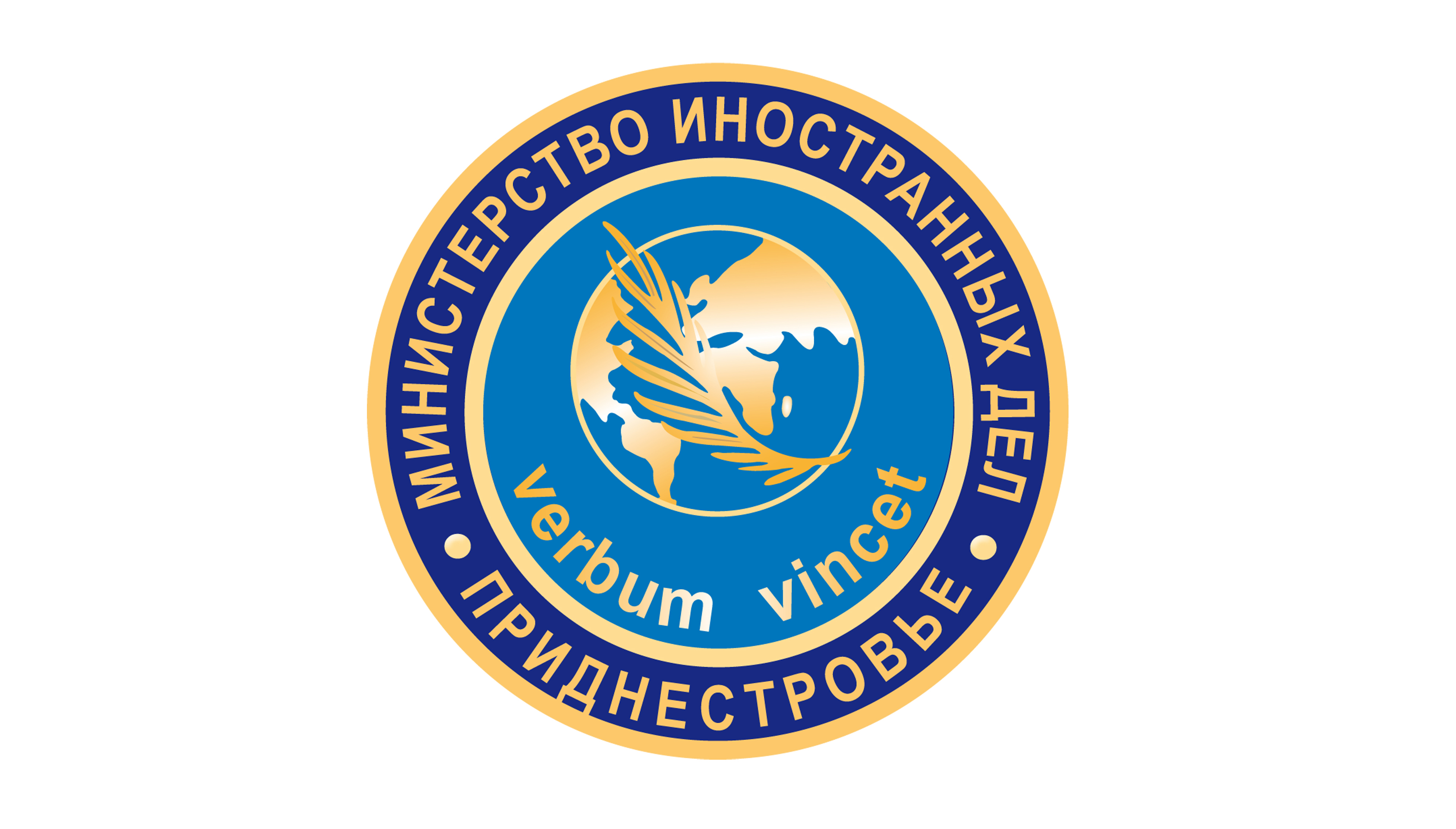The PMR Ministry of Foreign Affairs notes with concern the increasing frequency of speculative statements by Moldova’s political representative on the energy crisis. The repetitive nature of these declarations indicates an attempt to manipulate public opinion through the dissemination of false information.
In recent days, there has been widespread dissemination of claims about the Moldovan government’s alleged “readiness” to assist its citizens in Pridnestrovie, as well as supposed proposals to establish a “dialogue mechanism”, and so on.
In this context, the Ministry of Foreign Affairs emphasizes that Pridnestrovie has not received any tangible assistance or meaningful practical support from the Moldovan side, either in the past or now. Fabrications and insinuations of the so-called new dialogue mechanisms, amid pressing issues in the energy sector, cannot be regarded as assistance but instead reflect Chisinau’s usual tactic of pretense.
Meanwhile, it has been the Pridnestrovian side that has repeatedly put forward constructive proposals. Specifically, the leadership of Pridnestrovie has officially sent written appeals to the Moldovan leadership on at least seven occasions, proposing an immediate return to the negotiating table to discuss urgent issues and make decisions in the interests of the citizens of both states. If Chisinau had acted responsibly and not ignored opportunities for high-level dialogue since 2021, many of the current problems, including the energy crisis, could likely have been prevented.
Secondly, it is Chisinau that has blocked the bank accounts of Pridnestrovian enterprises and economic operators since the summer of 2019, depriving them of the ability to engage in normal foreign economic activities. In this context, the populist statements from certain Moldovan representatives suggesting that Pridnestrovie should “purchase” energy resources are both deeply cynical and entirely inappropriate, particularly given their clear awareness that Moldova has frozen the republic’s banking and financial capabilities.
Thirdly, it is the Moldovan side that continues to intensify blockade and restrictive measures against Pridnestrovie in the trade, economic, and banking sectors year after year. It imposes illegitimate customs fees, appropriating duties on export-import operations, has forced the shutdown of several major enterprises, threatens politically motivated criminal prosecution of Pridnestrovian nations, and fails to honor any international agreements signed by Moldovan officials.
Finally, it was Pridnestrovie that officially urged Chisinau at the end of the year to proactively make a joint appeal to the Russian Federation and Ukraine to ensure gas transit for humanitarian purposes and to avert a crisis. Yet, once again, Moldovan representatives failed to act, resorting to feeble and unreasonable excuses.
These facts counter the false claims.
The facts point to the pathological unreliability of the neighboring state and a complete lack of trust in it. The Pridnestrovian people have long realized the true value of Chisinau’s words and promises. More importantly, these facts reveal the true intentions of Moldova regarding Pridnestrovie. Chisinau, neither decades ago nor today, has any intention of assisting Pridnestrovie. For this reason, instead of timely joint decisions and concrete actions, Moldovan officials resort to speculations in an attempt to justify themselves, divert attention, and shift responsibility.
If the representatives of Moldova still have any sense of responsibility, we urge them to stop making insinuations and immediately lift the restrictions on Pridnestrovie’s banking and financial operations, cease limiting the republic’s foreign economic activities, and promptly resolve the issue of the Moldovan company’s debt to the Russian gas supplier. Such actions would provide practical assistance in the face of the energy crisis.








